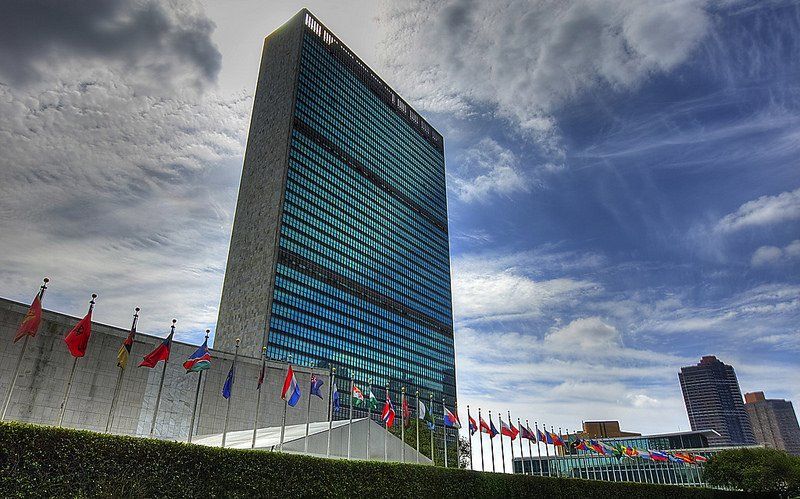Statement by Dr. Vladimir Shin, Deputy Director of the Department of International Information Security of the MFA of the Russian Federation, in explanation of position on the draft resolution “Programme of Action to advance responsible State behaviour in the use of ICTs in the context of international security” in the First Committee of the 77th Session of the UNGA
Mr. Chair,
Distinguished Colleagues,
We would like to take the floor to explain our position on the draft resolution L.73 “Programme of Action (PoA) to advance responsible State behaviour in the use of ICTs in the context of international security”.
We see this document as yet another attempt, dictated by purely political interests, to undermine the UN Open-ended Working Group (OEWG) on security of and in the use of ICTs 2021-2025 and to impose on the world community an unagreed proposal for a Programme of Action.
We took part in all the informal consultations on this draft resolution and each time we asked the question: why introduce such a document in this particular year? This year, when there are still three years left before the end of the OEWG mandate, and when taking one of the aspects of its agenda to the UN General Assembly obviously prejudges the outcome of the discussion. This year, two months after the States approved by consensus specific recommendations to consider the Programme of Action within the framework of the OEWG? Our colleagues have not been able to clearly explain what caused their decision to violate the agreements, to act contrary to logic and common sense.
We are accustomed to believe in actions, but not in words. The actions of Western countries once again prove their real attitude towards the OEWG format. They are willing to do anything to keep the Group from doing its job. Their goal is to bury the entire format and replace it with another mechanism that is comfortable for them, in which a narrow circle of States would be able to impose their will on the remaining majority, including through a non-consensual decision-making mechanism. Consensus in negotiations on international information security allows all States to participate in the decision-making process on a truly equal basis. The French document prudently lacks a corresponding provision.
Thus, the same group of States that twice opposed the creation of the OEWG and at all stages obstructs its constructive work is now seeking to undermine the Group from within. The current unilateral incursions by Western countries – under the good pretext of capacity-building – are direct evidence of their vested aspirations to subordinate ICTs to their own political interests, to ensure their security at the expense of the security of others.
We understand that the very proposal for a Programme of Action may seem attractive. Russia continues to insist that this, as well as other national initiatives, deserve the attention of the UN Member States and should be discussed on a truly inclusive, open and democratic basis – within the framework of the OEWG. We believe that a period of three years – until 2025 – is more than enough to jointly develop an understanding on the utility of creating a Programme of Action, its scope and modalities, including decision-making and financing mechanisms.
We do not understand the conceptual basis of the Programme of Action, which since the beginning is launched as a mechanism for reviewing the implementation of past agreements. One must admit that talking about the creation in 2025 of a mechanism for the implementation of voluntary norms developed in 2015 sounds irrational, to put it mildly. In our opinion, no matter what negotiation format is created after the completion of the OEWG, it should be directed to the future, take into account the developments in the field of ICTs, and provide for the possibility of developing new norms. That is why the French initiative requires to be seriously reflected upon, taking into account the opinions of all States.
By insisting on the adoption of the draft resolution on the Programme of Action now, its authors are satisfying their own political ambitions without thinking about the interests of the entire world community. This step will not contribute to strengthening security in information space, but will only exacerbate contradictions, sow discord within the negotiation process, and draw new dividing lines. The Russian Federation will vote against this document.
Thank you for attention.
